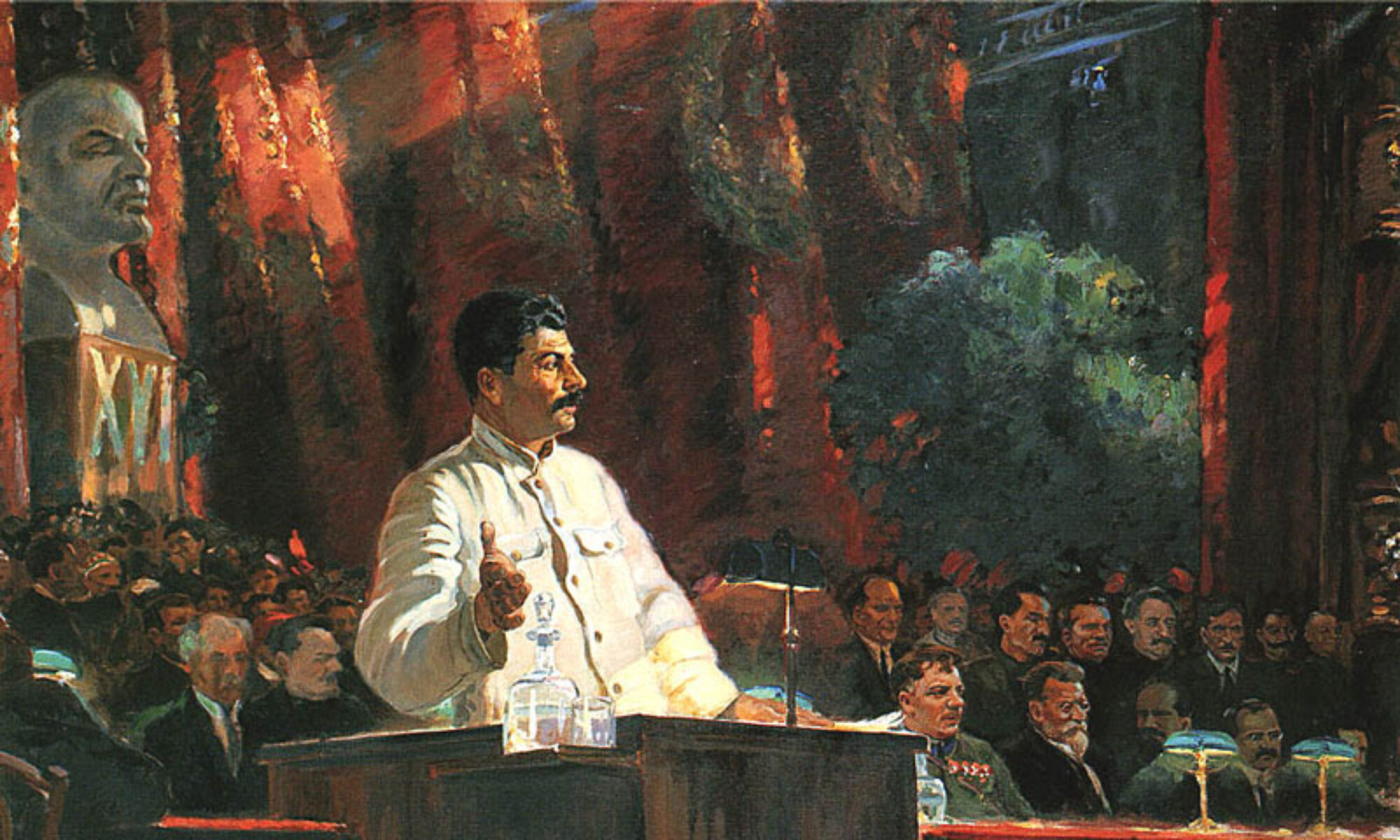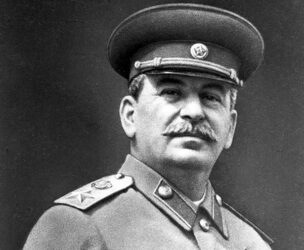Podlubnyi believes very strongly in willpower. His most passionate fear is that he is weak-willed, and that is the worst possible trait to have as a Soviet Man.
“By the way about the news that Mama reported: an incredible famine is going on over there. Half of the people have died of hunger. Now they are eating cooked beet tops. There are plenty of cases of cannibalism. . . . All in all it’s a terrifying thing. I don’t know why, but I don’t have any pity for this. It has to be this way because then it will be easier to remake the peasants’ smallholder psychology into the proletarian psychology that we need. And those who die of hunger, let them die. If they can’t defend themselves against death from starvation, it means that they are weak-willed, and what can they give to society? (pg. 102)”
In this quote Pobdlubnyi rationalizes the famine and the deaths of thousands. He says this on the basis that if they had stronger willpower they would survive. He even goes so far as to say that if they are so called “weak-willed”, they have nothing of value to contribute to society. Do you think that if other citizens knew of the famines they would agree with Podlubnyi’s point of view? Now that we know some people knew of the famines, do you think they stayed quiet because they agreed with people like Podlubnyi, or because they were afraid to express their opinions? And lastly, do you agree in any way with Podlubnyi?


I think that part of Podlubnyi’s point of view is clouded by his struggle to be the “perfect soviet man” and completely ignore his kulak roots. This leads him to be more forceful in his beliefs because he is actively fighting a part of him that is at odds with Soviet ideals. I don’t know that many would agree with him if they knew of the families, but I’m sure many did, especially if they were hard workers and lead to believe that their famine was solely caused by their lack of work ethic. There is also credibility to the belief that people went along with this point of view because they were afraid to go against or question the Soviet Union.
I agree with Ana that there seems to have a complete and total idolization of the Soviet Union and its leaders. The Soviet Union also takes the place of his father that he describes as, “He has left the old behind in many ways, but not altogether… And if he doesn’t succeed, it will be bitter for him and for us. This old man’s weak will can destroy us as well as him. We have to help him with many things… I look at him as at an acquaintance” (Fitzpatrick 90-91). If he sees the Soviet Union as a father there is this idea that “father is always right” and that a parent would never do anything to hurt a child they must be doing it to themselves. The people that are suffering are only suffering because they haven’t followed the rules or been good enough children.
I too agree with Ana and Dylan. I do feel that there had to have been people who were afraid to speak out against everything that was going on, but the people there probably did not know better or different. It was normal to them and they were taught to idolize Stalin and the Soviet Party. This is a common theme in the extreme governments